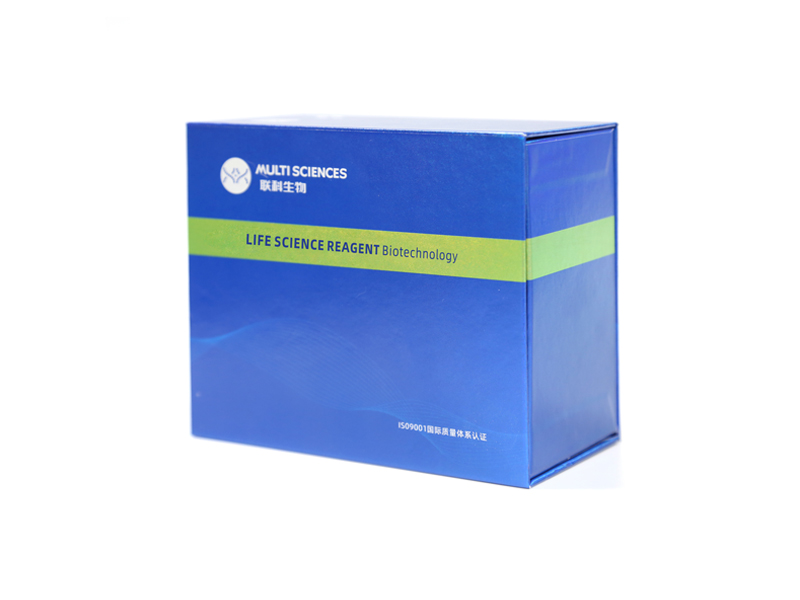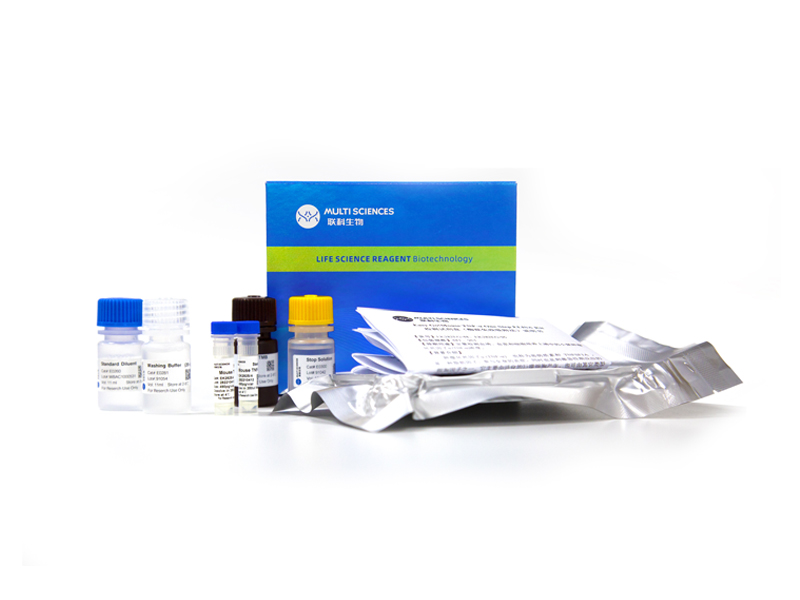BC (breast cancer) is the leading cause of cancer death in women. Exosome component 2 (EXOSC2), an RNA exosome component, is elevated in BC tissues and may relate to BC carcinogenesis. In this work, the high EXOSC2 expression was correlated with TNM (Tumor Node Metastasis) stage. Moreover, overexpression of EXOSC2 enhanced tumorigenic capacity of BC cells via facilitating cell proliferation and cell cycle progression, increasing migration and angiogenesis, as well as exacerbating xenograft formation in vivo. Whereas, EXOSC2 knockdown showed anti-cancer effects, including inhibition of cell proliferation and angiogenesis. Mechanistically, EXOSC2 activated the wnt/β-catenin pathway, which was also abolished by EXOSC2 knockdown. In addition, there were m6A methylation modification sites in the mRNA of EXOSC2. WTAP (Wilms tumor 1-associated protein) bound to EXOSC2 mRNA and increased its m6A methylation, resulting in extending the half-life of EXOSC2 mRNA. Luciferase data also confirmed that WTAP enhanced EXOSC2 mRNA stability through binding with the 3′-UTR containing m6A sites. Furthermore, WTAP silencing exhibited cancer-inhibiting effects on cell viability, cell cycle progression and tube formation, which was effectively reversed by EXOSC2 overexpression. In conclusion, our results demonstrate that EXOSC2 promotes the malignant behaviors of BC cells via activating the wnt/β-catenin pathway. In addition, EXOSC2 mediates the function of WTAP which contributes to the m6A modification of EXOSC2. Totally, this study suggested that EXOSC2 mediated the pro-tumor role of WTAP via activating the wnt/β-catenin signal.
文章引用产品列表
-
- EK183EG
- 一步法ELISA试剂盒
EasyGo!™ Human VEGF One-Step ELISA Kit检测试剂盒(酶联免疫吸附法)
- ¥2,190.00 – ¥3,650.00
-
- EK183 96 Citations
- ELISA试剂盒
Human VEGF ELISA Kit检测试剂盒(酶联免疫吸附法)
- ¥1,600.00 – ¥10,800.00





